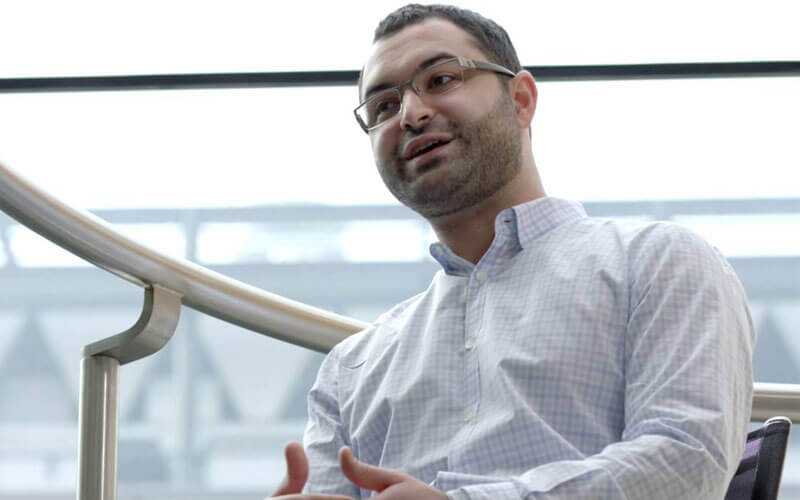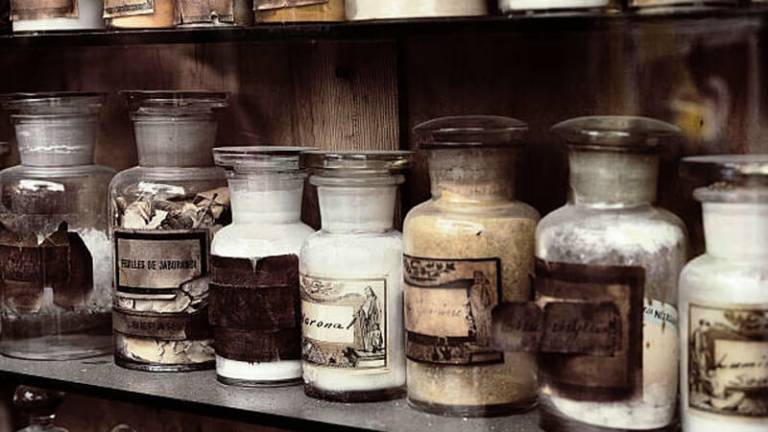Drug Development degrees
"I had the opportunity to test different novel drugs in cancer"
While studying the MRes Clinical Drug Development, Carolina chose to work with a research group focusing on cancer for her six-month project. She had the chance to work on the trial and research of novel therapies in cancer. Follow her story.
Our programmes
Join UCL's world-leading academic community working on drug design and development. Our courses cover all aspects of drug discovery, including genomics, bioinformatics, structural biology and more. Our drug development programmes provide in-depth understanding of clinical trials, how to model different diseases, and how to achieve regulatory approval for medicinal products.
Clinical Drug Development, MSc / PGDip / PGCert
This one-year MSc will deepen your understanding of cutting-edge research currently underway in clinical drug development.
- Full-time, 1 year. Part-time, 2 years.
- Subjects: Drug Development; Medical Science and Applications
Clinical Drug Development, MRes / PGDip / PGCert
For graduates or professionals in biomedical science, this campus-based MRes provides an in-depth understanding of the very latest drug development methodologies.
- Full-time, 1 year. Part-time, 2 years.
- Subjects: Drug Development; Medical Science and Applications
Drug Design, MSc / PGDip / PGCert
On this full-time MSc, you will develop the essential skills needed in this sought-after field, while exploring robust research methods and the most up-to-date drug design techniques.
- Full-time, 1 year. Part-time, 2 years.
- Subjects: Drug Development; Medical Science and Applications
Drug Design, MRes / PGDip / PGCert
You will study the latest methodologies and approaches to all aspects of drug design. These include drug discovery, computational and structural biology, and more.
- Full-time, 1 year. Part-time, 2 years.
- Subjects: Drug Development; Medical Science and Applications
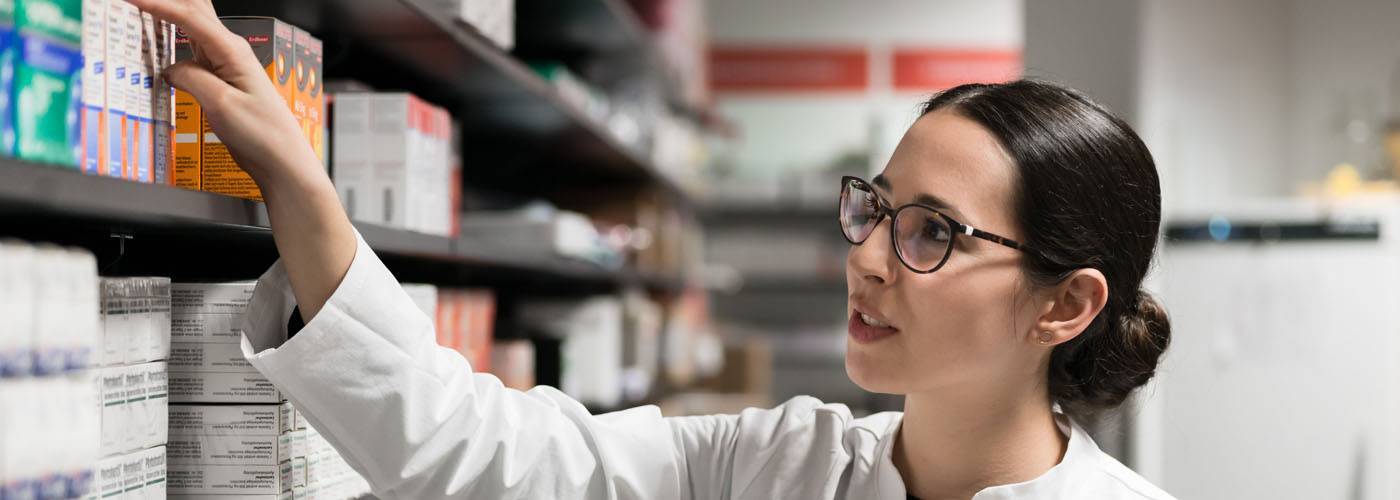
Why study Drug Development at UCL?
Drug design and development are integral parts of the pharmaceutical and biotech industries, giving a solution to the diseases faced in the clinic. The UCL Faculty of Medical Sciences is one of the most highly rated medical research centres in the UK. Through close links with clinical colleagues in the UCLH group of hospitals, you will have access to cutting-edge medical expertise and world-leading clinical research.
Bursaries available
The UCL Division of Medicine is offering bursaries of £5,000 for master's courses including the MSc / MRes Clinical Drug Development.
UCL offers a Master's Bursary and Master's Scholarships worth up to £15,000 for those from lower income backgrounds to study a taught master's degree.

Careers
Our drug design and development courses offer a combination of theory, practice and innovation, awarding you with transferable skills for a career in life science or have the foundation you need for further research studies.
Depending which programme you choose, you will be able to pursue a career as part of a medicinal chemistry group in the life science industry of the UK and other countries.
As a graduate of this programme, you will be well placed to explore roles in these areas and benefit from global opportunities.
“I had the opportunity to do a six-month placement with the Pereira/Acedo (Cancer) Lab, who were really supportive.
They always encouraged me to learn new techniques and to participate in different symposiums at the university.
If you want to focus your career in lab work or go into a PhD, the MRes programme will give you really good research experience.
I had a great time here at UCL. I would recommend the Master of Research programme to anyone who is interested in the field.
Carolina San Pedro Liberal, MRes Clinical Drug Development.
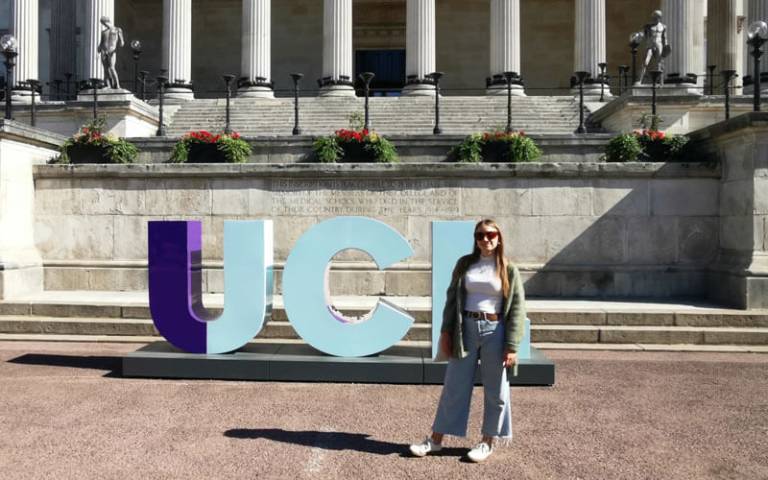
Our research in Drug Development
As a global leader in medical research, UCL research-focused programmes will deepen your knowledge of the latest drug design methodologies and up-to-date perspectives on trends in disease models, drug targets and regulatory activities in the pharmaceutical industry and medicine.
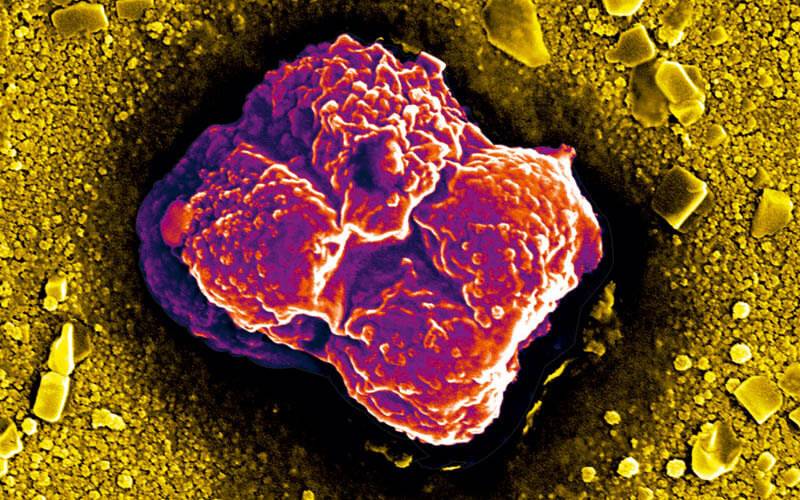
Cancer can use brute force to manoeuvre
Breast cancer cells hit blood vessel walls with up to 200 times the mechanical force exerted by normal healthy cells, finds Dr Joseph Ndieyira.
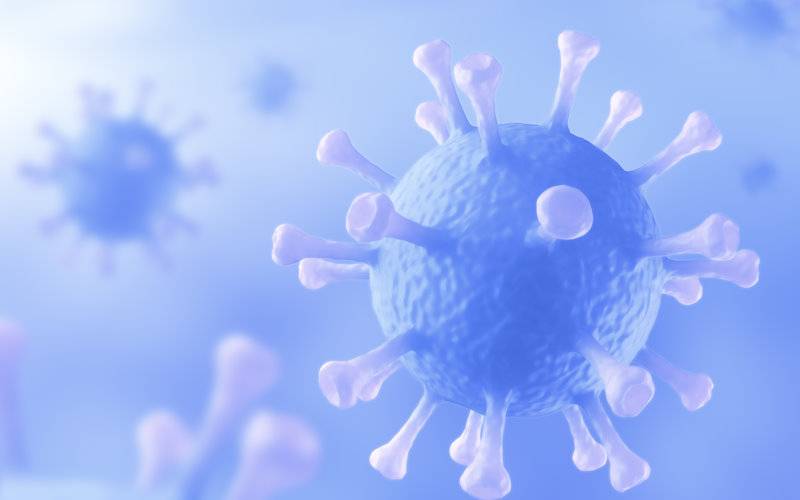
Discover why age affects our immune system
Our immune response becomes less effective as we grow older. Thanks to this collaboration we now understand how the body reacts, paving the way for new treatments.
Our teaching leads
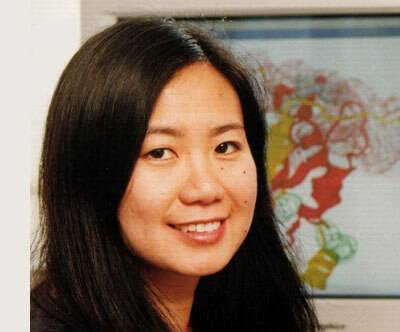
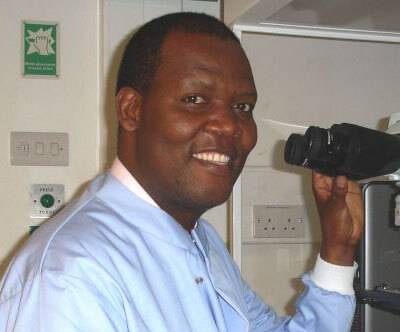
 Close
Close




